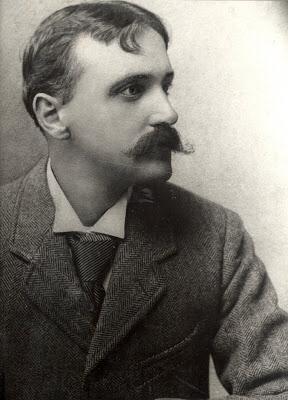The Aims of Brotherhood were
Activity
A Centre of National Activity
Unity
A Unity of thought and action
Network
A lasting bone of brotherhood among the Muslim youth who were separated by the necessities of their different careers.
A Brief History of the AMU Old Boys’ Association
The founder of this institution, Sir Syed Ahmad established an NGO Ikhwan al-Saffa, known as Brotherhood, with present and past students of the MAO College in 1892 AD. The foundation of the Well of Pure Brotherhood, Maddrasatul Uloom was laid by younger student Master Mehmood Ali Khan. This well has an inscription in Persian Script in large number of names of Mohammadan Anglo Oriental College fund committee members.
The Society was assisted by Mr Khushi Mohammad Khan Nazir, who later became the Governor of Kashmir. The Society also inaugurated an annual dinner. Sir Theodore Morison presided at the first dinner and delivered his famous speech, which is engraved at the entrance of the Strachey Hall.
The first meeting of the Ikhwan was held in July 1892, under the chairmanship of Syed Zahur Hussain, Advocate (Allahabad). On this occasion, Khushi Muhammad Khan Nazir recited a very touching poem, he said:
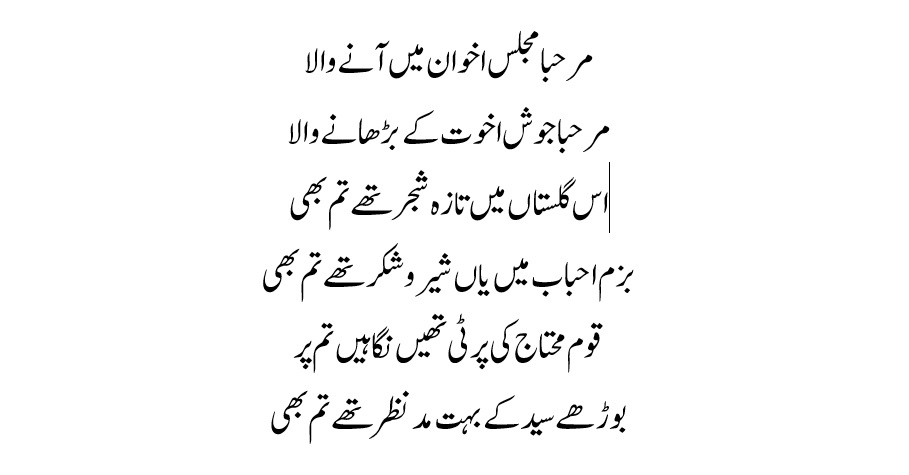
The very first forum of the old boys, The Brotherhood, was founded in 1892.
On its basis, the Old Boys’ Association came into being on 5 March 1899.
The main objectives of the Association were formally declared in 1904.
On 10 April 1914, the Old Boys’ Lodge was formally inaugurated at Aligarh.
A Centre of National Activity
A Unity of thought and action
A lasting bone of brotherhood among the Muslim youth who were separated by the necessities of their different careers.
The Ikhwan al-Saffa or Brotherhood was later converted into Old Boys Association on 25 June, 1891. The first secretary of the association was Maulvi Bahadur Ali. Its membership was open to the present and past students and teachers. Members were required to contribute at least one percent of their income to raise fund with which to help the poorer students of the college.
The founder of this college, Sir Syed Ahmad Khan (1817-1898), in order to qualify for its membership, urged the principal on 8 June 1892 to sanction his admission to the 9th class. He sent a year’s fees and sought exemption from attendance. He sent a years’ fee and sought exemption from attendance.
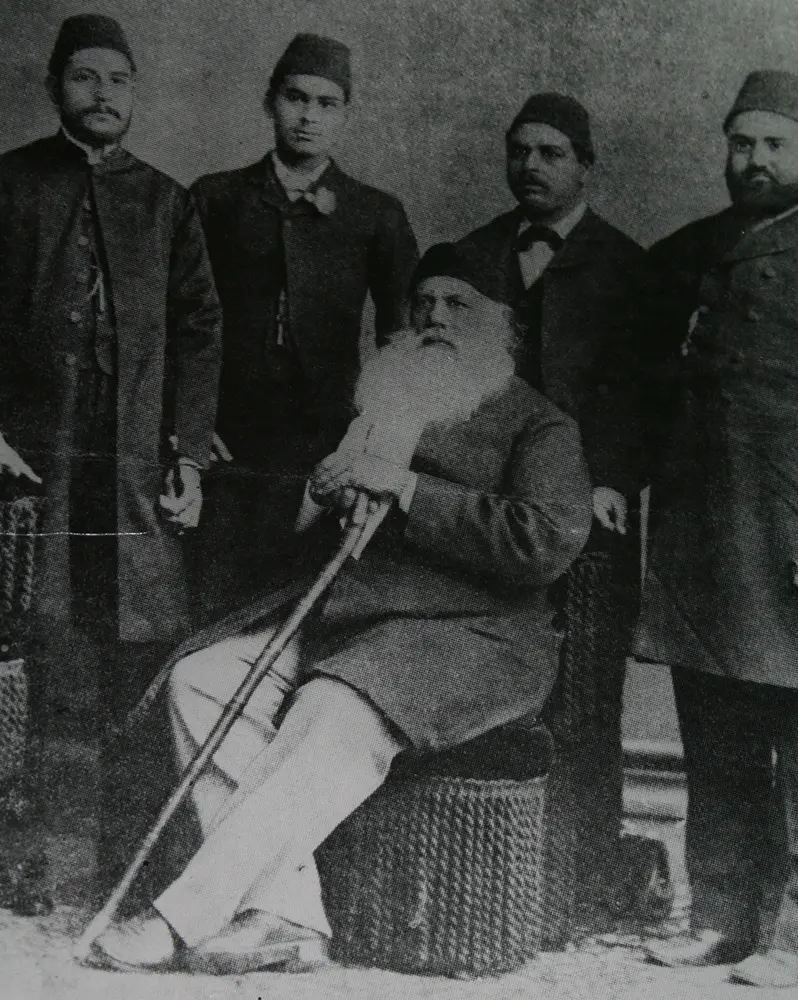
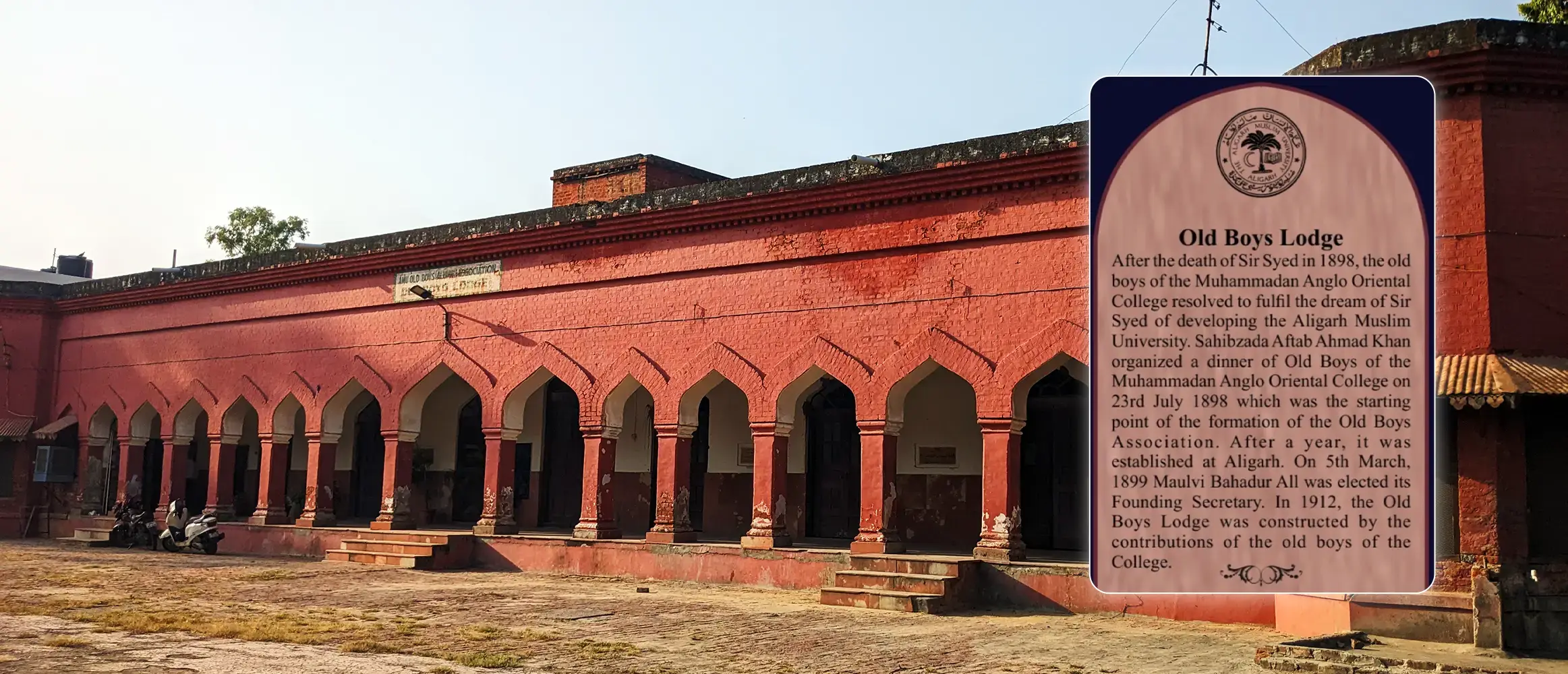
After the death of founder, Sir Syed Ahmad Khan, a meeting of Old Boys of MAO College was held on July 23, 1898 under the Presidentship of Mohammad Abdul Latif (Munsif Moradabad) and it was decided to revive the Brotherhood as the Old Boys’ Association, and its Annual dinner as Old Boys Dinner. The first dinner was arranged by the Duty Society on July 23, 1898.
In a meeting of Old Boys Association held on 3 October, 1900, the Old Boys Zafar Ali, Haji Abdur Rashid Khan and Tufail Ahmad introduced the system that all members contribute to the income of the association one percent of their salary.
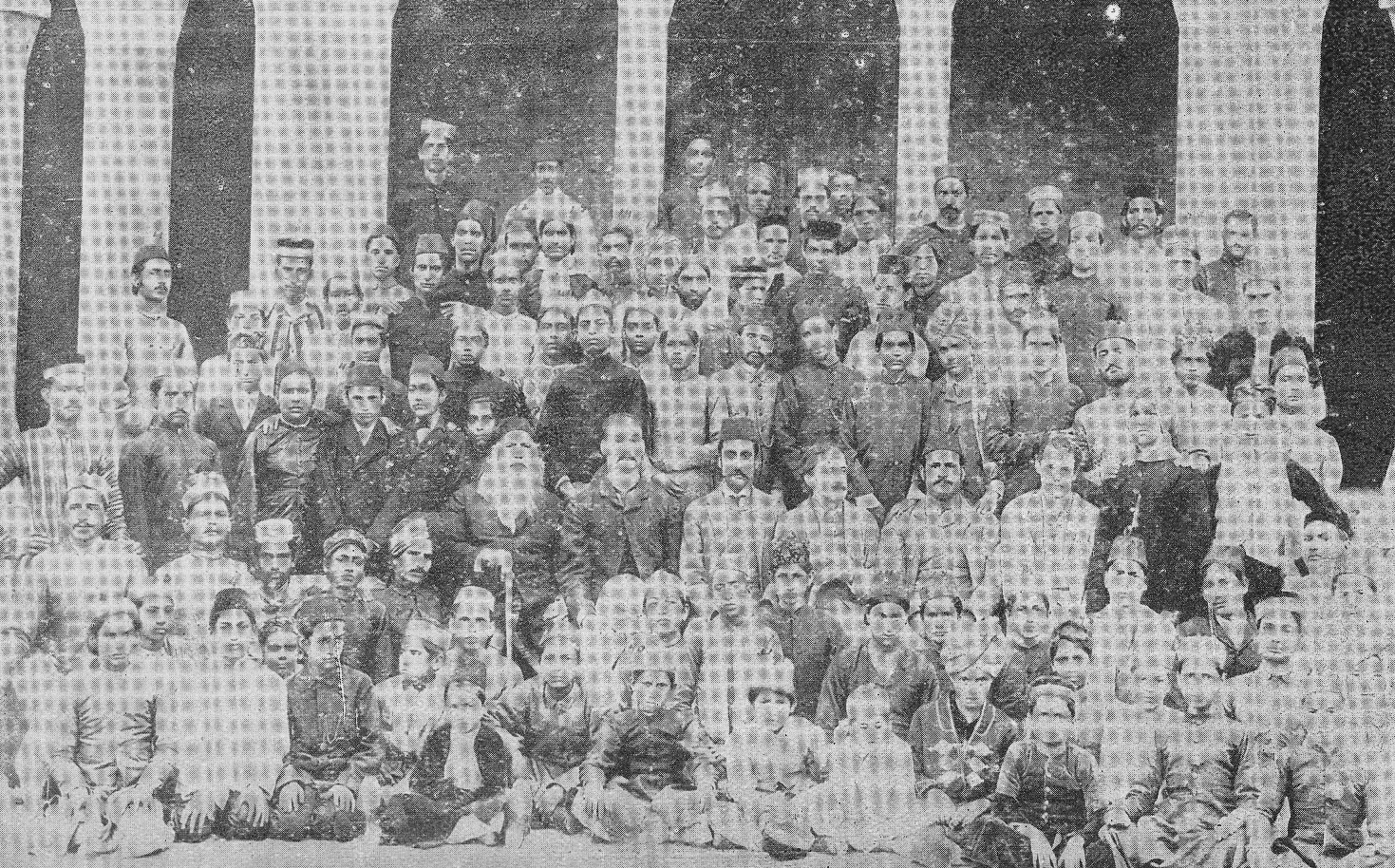
1. The Old Boys should interest themselves in the wellbeing of the College.
2. They should create good feelings among the Old Boys, members of the College staff and the Trustees
3. They should inculcate good morals among the Old Boys.
4. To help the families of the Old Boys and Institute a provident fund for their help.
In 1908, the Trustees gave the Association the right of electing three Trustees as representative of the Old Boys. The number was increased to five in 1910.These trustees holds office for 5 years and were re-election.
In 1909, in its annual function from April 10 to April 12, Seventy-Seven Old Boys gathered to attend the meeting at Aligarh. The Association decided to spend 6000 on the construction of an Old Boys Lodge.
In 1923, the Muslim University Old Boys Association was formed under the secretaryship of Syed Sajjad Haider.
In 1981, the Act of AMU provided 25 representatives of ex-students to be elected by alumni (Old Boys’ Association) to the AMU Court, the supreme governing body of the university. It is the highest representation to the AMU court by the Indian Parliament due to its nature.
Aligarh Alumni Association, London, probably the first in the western world (1901), was an outcome of an Old Boys Association in 1901 with Mr. Bahadur Ali as its elected secretary. On 25 April 1902, an “Aligarh College Dinner” was organised at the Tro Cadero Restaurant at London by 207 Old Boys present in London. Mr. Ehsan ul Haq who had made his mark as a cricketer in an English country, presided. Mr. Charles Strachcy, James Kennedy, Mr. Horace Brown and J. Cornah who were associated with MAO college attended the dinner.
By December 1903, 14 important Britishers such as CA Elliot, Sir Alexander Convin, General Bird Wood, Sir Allen Cadell, WHC Wylbe Walter Releigh, EI Lyall and Harold Cox, joined as the members of the London based Aligarh Alumni Association.
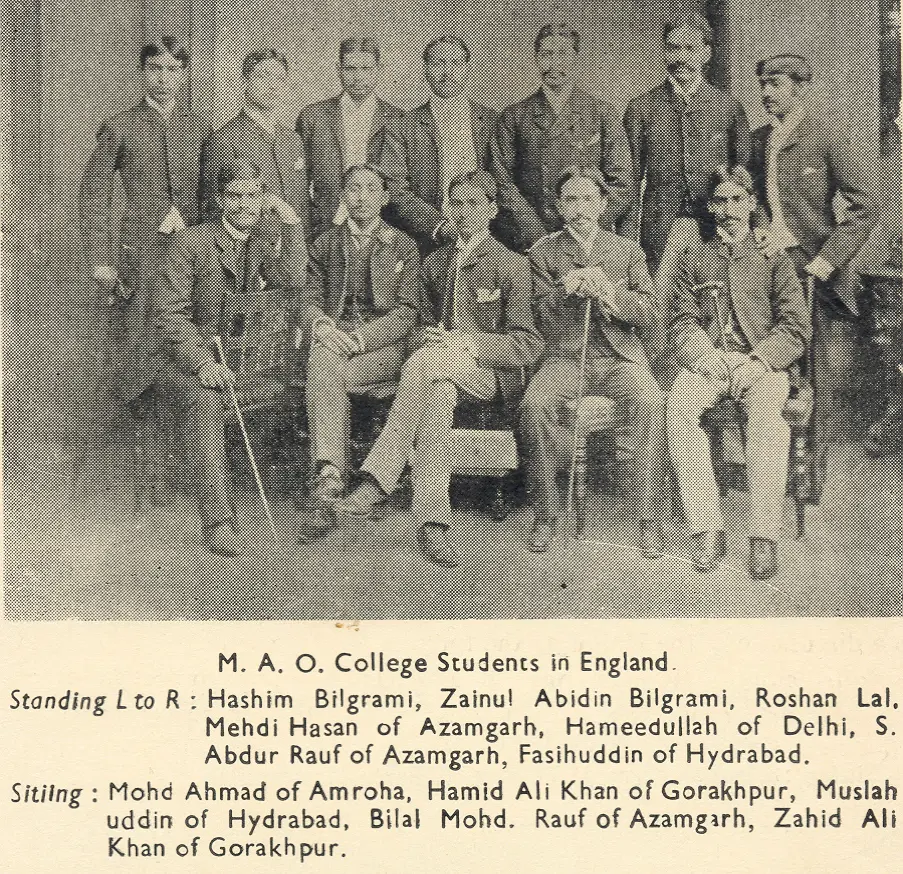
To Spread the objects of the MAO College, Aligarh, in the United Kingdom.
To introduce the Old Boys of the MAO College to good English Society.
To Provide opportunities to the English friends of the College to know the Old Boys reading in the United Kingdom.
To maintain spirit de core among the Old Boys.
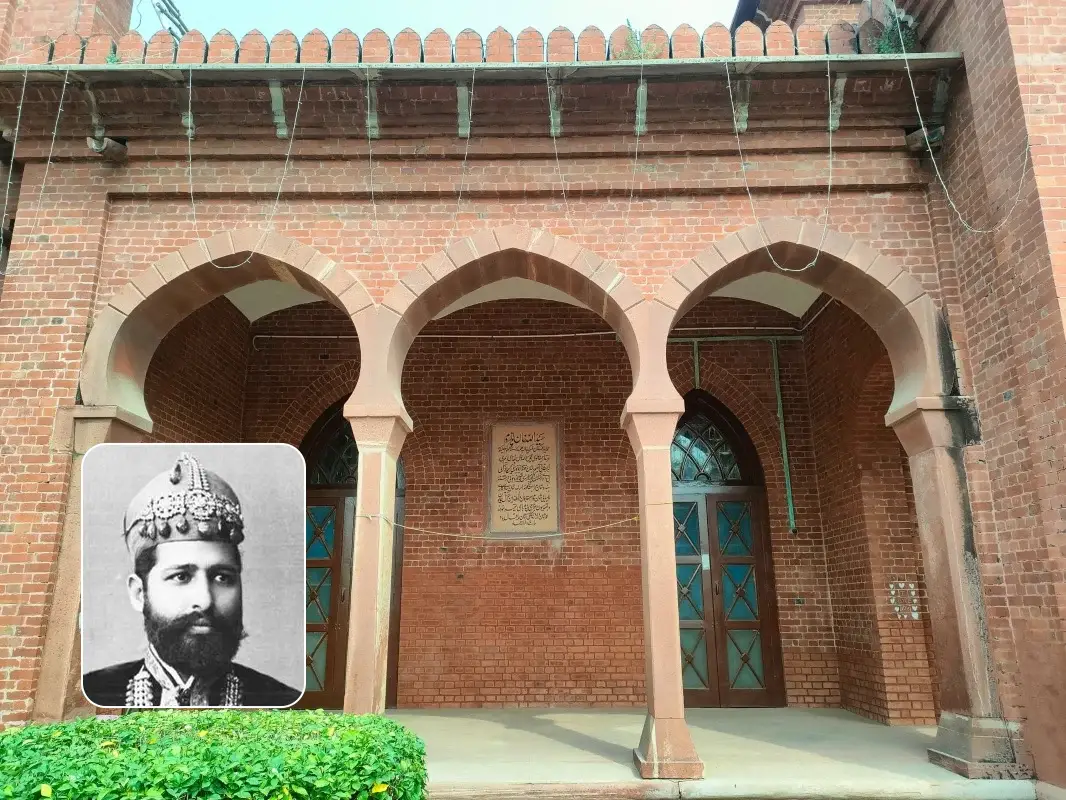
Hamidullah Khan was the first student of MAO College, Aligarh. He went to England in April 1880, joining Christ’s College, Cambridge. After returning to India, a grand welcome dinner was arranged for him, attended by over 300 guests, and Sir Syed Ahmad Khan made an appeal for contributions to build a new MAO College building. The cost was estimated at Rs 6,000, and Rs 3,400 was pledged that night, with a significant contribution from Sir Syed and his son, Syed Mahmud. This building is now a prominent heritage structure in the central block of the college.
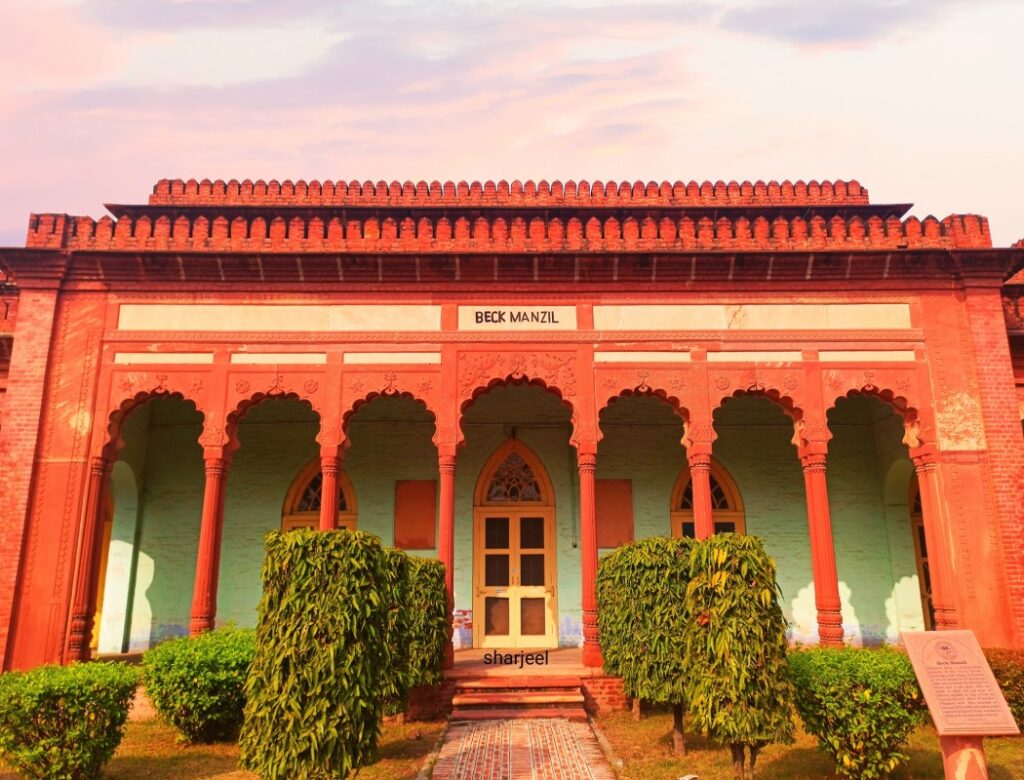
The Old Boys, residing at Meerut, called a meeting on 10 September 1899 and decided to raise a fund to commemorate their Principal, Theodore Beck’s memory. They collected a sum of Rs. 465/- on the spot. Finally, the Beck Fund amounted to Rs. 6,000/- with which the hall adjacent to the Lytton Library was built, and was named as “Beck Manzil”.
Mr. Beck was much affected by Sir Syed’s death in 1898 and he decided to devote himself to the collection of funds for “Sir Syed Memorial”. He wrote articles, delivered speeches and visited Allahbad and other places to collect funds for raising a suitable memorial to the “Founder’s” and set up the Muslim University as early as possible. His health began to fail. He went to Simla to recoup and on 2 September 1899 he breathed his last. He was working upon an appeal to Muslims for the Sir Syed Memorial fund, almost till the last day. The object of the fund was to collect a sum of Rs. 1,000,000 for raising the MAO College to the status of Muslim University.
Mr. Beck devoted his energies to realizing Sir Syed’s dream of the University and through his efforts Englishmen Contributed generously to the fund. Lord Elgin, the Viceroy, contributed Rs. 2,000.
